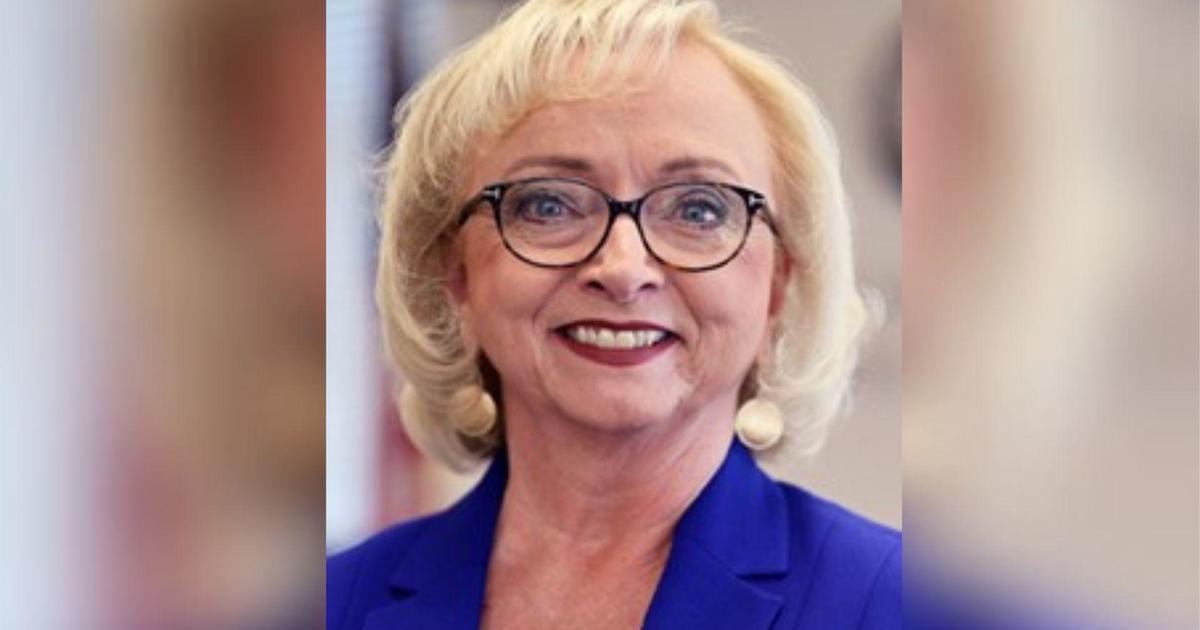Pediatricians Promote Benefits Of Recess
 WebMD Medical News
WebMD Medical News
Reviewed by Laura J. Martin, MD
Dec. 31, 2012 -- The American Academy of Pediatrics has two New Year's resolutions for schools: Keep the school nurse and don't drop recess.
The recommendations are part of two new policy statements published in Pediatrics.
The American Academy of Pediatrics (AAP) says there's a growing trend in schools to take away recess and use the time to teach subjects.
"There is pressure on schools to increase performance on standardized testing, and a lot of times teachers are using withdrawal of recess as a punishment for children," says Robert Murray, MD, a co-author of the recess policy statement and a professor at the Ohio State University in Columbus.
"Recess is an important part of the school day that should not be cast off without thinking," he says.
It is not a reward, he says. Recess is necessary and important to help children learn and grow.
"No matter what kind of recess, whether indoors or outdoors, structured or unstructured, kids need a safe place to play," Murray says. "And the equipment should be good and people who supervise should be well-trained."
Health Benefits of Recess
The benefits of recess are many. "The child who gets regular breaks in the day performs better cognitively in the classroom and gets a lot of social and emotional benefits," he says. "Recess provides kids with the chance to be creative and play with others just for the fun of it."
It doesn't have to be a full hour or half-hour either, he says. Recess can come in shorter bursts of play time sprinkled throughout the school day. "We need to carve out time that belongs to a child."
Recess is not the same as physical education or gym either, says the policy statement's co-author Catherine Ramstetter, PhD. She is a health educator at the Christ College of Nursing and Health Sciences in Cincinnati.
"Recess promotes a healthy learning environment. Importantly, recess should be used as a complement to physical education classes, not a substitute," she says. "It would be ideal if every school had deep pockets to build huge, amazing playgrounds. But every kid will play differently anyway, and every school doesn't have the resources. We need to protect recess as it benefits the whole child."
Key Role for School Doctor
A second AAP policy statement wants schools to assign important roles for a school doctor and school nurse.
School doctors serve school districts as advisors, consultants, volunteers, team doctors, or school district doctors.
But there's no single set of rules for states and school districts about what a school doctor should do. The new policy statement wants all school districts to have a doctor to oversee health services.
What's more, school doctors should help coordinate policy and practice plans for kids with chronic health conditions, such as diabetes and asthma. The AAP policy statement says kids spend about seven hours a day,180 days a year, in school. During that time they may only see their doctor once a year.
"Doctors in schools can be consultants to nurses and connect with the nurse in any way possible," Murray says. "Generally, it is a beneficial thing for schools to have a physician that they can easily identify and go to in case of emergency or policy development."
Miami Children's Hospital pediatrician Gloria Riefkohl reviewed the new policy statements for WebMD. She says that there is a role for school doctors. "They can serve as liaisons between the school and the child's medical home. And this can avoid disconnects between what is going on at school and outside of school."
Cynthia Devore, MD, co-author of the policy statement on school doctors, also stressed the role of liaison for a school doctor.
"The best medical model for management of seizures or diabetes in a medical setting or home might be a rescue medicine that might frighten school staff who are unlicensed lay persons, like a bus driver or a secretary," she says. "The school physician can be a valuable liaison among the medical home, the school, and the family, educating all parties as to what is safe and reasonable, and working with the school nurse to develop a plan that allows for sound medical management of a child."
The school doctor and school nurse enhance one another's contribution to the school, she says.
"Every school district should have a school physician who is either a pediatrician or a physician with expertise in children, and every school building a school nurse, ideally a registered nurse or school-nurse teacher," she says. "Together, a school physician and school nurse should be a well-oiled team-machine able to implement the goals identified by the medical home and the family into the school setting."
Changing Role of the School Nurse
Budget cuts and funding issues have threatened the school nurse position.
School nurses don't just dispense bandages and ice packs. Far from it, says Cathy Raisher, RN, a nurse manager at a school in Washington, D.C.
"There are routine playground injuries and illnesses, vision and hearing screening, but there are also an increasing number of kids with diabetes and allergies," she says. "We are always at a heightened state of alert, as things can occur without any warning."
Parents can help make the school nurse's job easier. "Parents, especially those of children with special health needs, should go to the nurse and make sure they have recent health certificates," Raisher says.
"Bring your child and introduce the child to the nurse," she says. It's also helpful to let the nurse know what to look for if your child is having an allergic reaction or how they may look or act if their blood sugar dips through the day.



